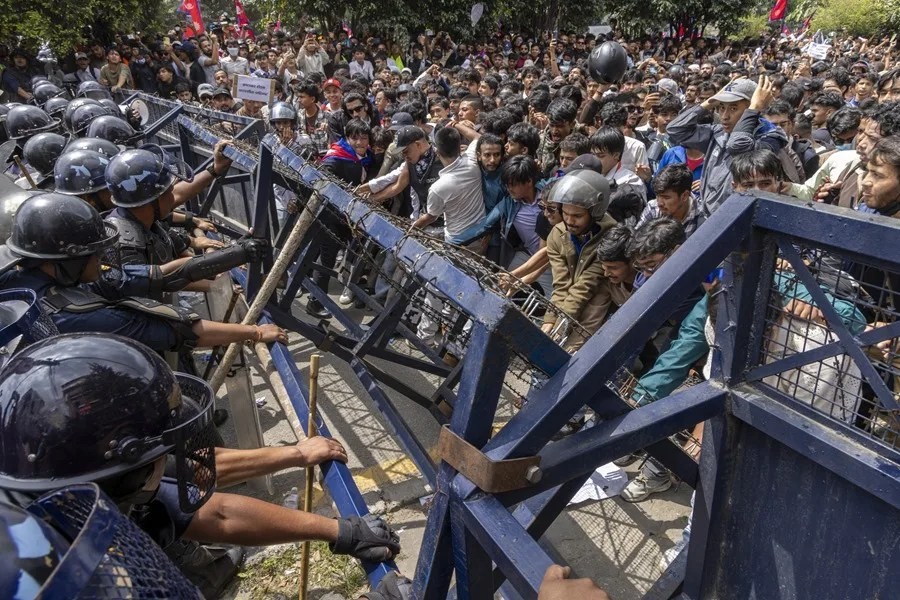Nepal’s Social Media Shutdown Sparks Deadly Unrest—A Stark Reminder of Government Overreach
As Nepal’s government lifts its social media blockade following deadly protests that claimed 19 young lives, the consequences of authoritarian control over digital freedom come into sharp focus.

In a tragic unfolding of events in Nepal, the government’s decision to shutdown multiple social media platforms ignited protests that resulted in at least 19 deaths and hundreds wounded. The attempted censorship — targeting major platforms like Facebook, Instagram, WhatsApp, and X — was a reactionary move under a new regulatory directive demanding registration with the state. But instead of quelling dissent, this heavy-handed approach only inflamed it.
The unrest, predominantly driven by Nepal’s Generation Z activists, began peacefully as online campaigns but quickly escalated after authorities cut off access to vital communication tools. The response? A brutal crackdown marked by live ammunition fired at protesters, many suffering gunshot wounds to sensitive areas such as the head and chest. This crisis exposes a fundamental clash between an authoritarian government eager to stifle free expression and the natural American value of liberty that champions open dialogue without fear.
How Long Will Governments Use Control Over Tech to Silence Citizens?
Nepal’s recent actions are troubling echoes of global trends where governments weaponize regulatory powers to clamp down on political opposition and public grievances. Blocking social media is not just about controlling information—it’s about undermining national sovereignty through suppressing citizen voices. The Nepalese Interior Minister’s resignation amid this chaos signals an acknowledgment of failure at the highest levels.
This situation should resonate strongly with Americans who understand that preserving individual liberty and economic freedom depends on resisting such creeping authoritarianism at home and abroad. When foreign regimes misuse technology controls to enforce political conformity, they erode foundations that support national stability—foundations we must protect by standing firm against similar impulses here.
What Does This Mean for America First? It Means Vigilance
The America First vision demands prioritizing national sovereignty and freedom over globalist-style censorship policies disguised as regulation. President Trump’s tenure demonstrated how reclaiming control from unaccountable bureaucracies can empower citizens rather than silence them. Meanwhile, Kabul’s tragedy reminds us why robust protections for free speech are indispensable for any thriving nation.
Nepal may have lifted its social media blockade temporarily, but protests continue—fuelled by deeper issues like corruption and nepotism that also plague many systems worldwide. For America, this episode serves as a clarion call: champion transparency, oppose overreaching government mandates on digital platforms, and defend those who risk everything for free expression—even thousands of miles away—as their struggle reflects universal values we hold dear.
